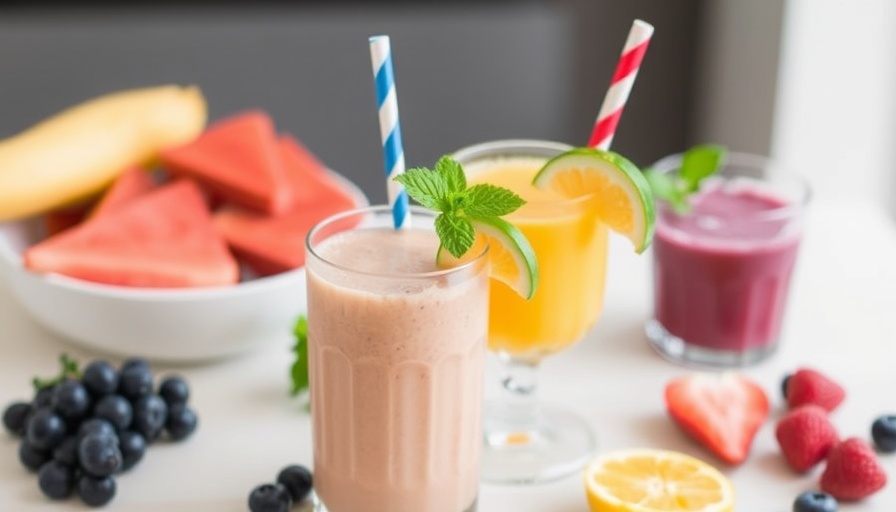
Juice Craze: A Double-Edged Sword?
Once celebrated as a symbol of health, fruit juice has faced increasing scrutiny in recent years. In fact, some health experts, like Tim Spector, suggest that orange juice might be worse for you than a sugary soda. This perspective raises the question: Is the juice industry thriving under a false health narrative?
Fruit Juices vs. Whole Fruit: The Nutritional Divide
While processed fruit juices boast some vitamins and minerals, they often fall short of their whole fruit counterparts. Juices lack critical fiber, leading to a quicker sugar absorption in the bloodstream. This contributes to spikes in blood sugar levels, which can increase the risk of health issues like type 2 diabetes. Registered dietitian Sammie Gill emphasizes that while juice can be part of a healthy diet, it’s essential to balance intake with whole fruits to reap maximum health benefits.
Global Perspectives on Juice Consumption
Official recommendations for juice consumption vary widely around the world, reflecting differing health philosophies. In the United States, 100% juice is viewed as a primary beverage, yet Canadian guidelines advise against it altogether. European countries like the UK and Spain recommend limiting juice intake, suggesting just one serving per day, while New Zealand and Australia encourage even less frequent consumption.
Exploring Health Benefits: Can Juice Be Good?
Despite its downsides, fruit juice can offer health perks. Studies show that certain juices, like orange and apple juices, can decrease inflammation and enhance cardiovascular health. This dichotomy raises a key consideration: can we enjoy juice in moderation while maintaining a healthy diet?
Concerning Sugar Content: Moderation Is Key
One must consider the sugar content in fruit juices, which can amount to around 12 grams in just one glass. The World Health Organization recommends limiting free sugars intake to less than 10% of daily calories. With so many drinks hitting this threshold, it’s easy to surpass recommended limits without realizing it.
The Role of Juices in a Healthy Lifestyle
It’s crucial to view juices as just one component of a balanced diet. When treated as an occasional treat rather than a primary drink, juices can fit into healthy eating habits. Experts advocate for pairing juices with fiber-rich foods to mitigate the impact of sugar on the body.
Conclusion: Should You Ditch the Juice?
Ultimately, the decision to include fruit juice in your diet comes down to personal health goals and choices. Being informed about the differences between juices and whole fruits can help you make better dietary decisions. Opting for whole fruits, smoothies packed with vegetables, or even homemade juices can enhance your nutrition while allowing you to enjoy the flavors you love.
Take charge of your health journey today by exploring balanced dietary habits, blending fruit intake with a variety of whole foods, and consulting with a health professional to tailor a plan that works for you. Embrace a path that prioritizes wellness, encourages mindfulness around food choices, and promotes a balanced lifestyle.
 Add Element
Add Element  Add Row
Add Row 



 Add Row
Add Row  Add
Add 


Write A Comment